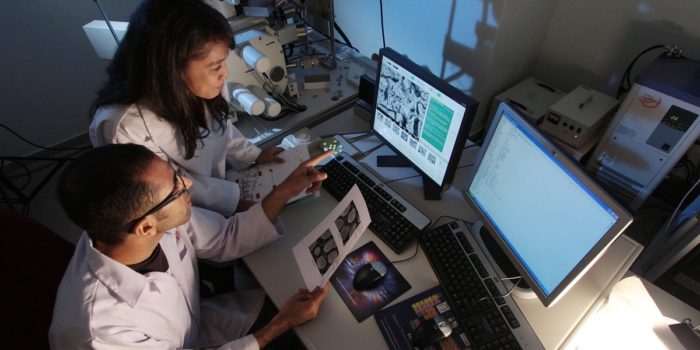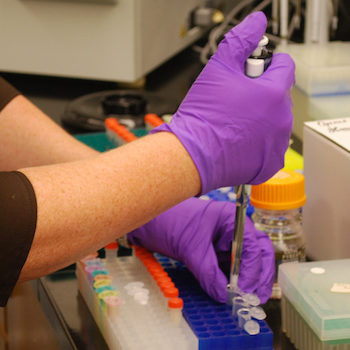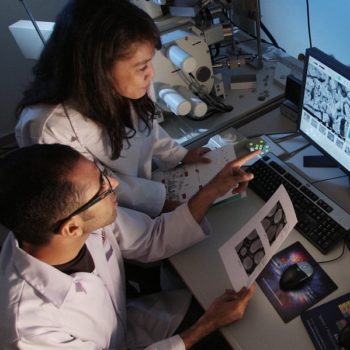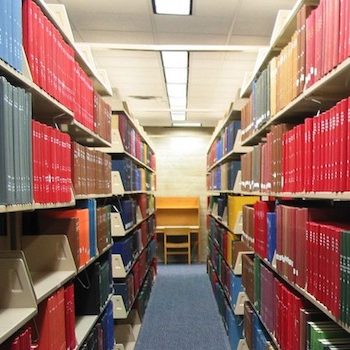How do we know which scientific results to trust? Research published in peer-reviewed academic journals has typically been considered the gold standard, but in recent years our faith has been shaken by the revelation that many published findings don’t hold up when scholars try to reproduce them. The question of which science to trust no longer seems straightforward.
This series examines how we can fix the “reproducibility crisis” and make science more reliable. It shares perspectives from experts and innovators who are changing the academic landscape to promote transparency and rigor in research.
The series was produced by Footnote in partnership with Stephanie Wykstra. It was supported by the Arnold Foundation and published on Inside Higher Ed and Footnote.
Contributors
Erin Becker
Data Carpentry
Rinze Benedictus
University Medical Center Utrecht
Thu-Mai Christian
UNC Chapel Hill
Colin Elman
Syracuse University
Diana Kapiszewski
Georgetown University
Sophia Lafferty-Hess
Duke University
Frank Miedema
University Medical Center Utrecht
Partners
Content Series
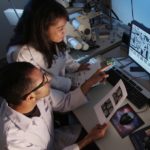
How can we fix the "reproducibility crisis" and make science more reliable? This podcast episode looks at what we learned from Footnote's article series on innovations that are making research more transparent and rigorous.
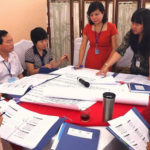
The fifth article in our reproducibility series focuses on the challenges of sharing qualitative data.

The fourth article in our reproducibility series examines how perverse career incentives steer researchers toward publishing more articles – and away from other important goals.
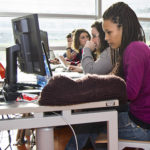
The third article in our reproducibility series looks at efforts to give researchers the data skills they need to share, review, and validate each other’s work.


